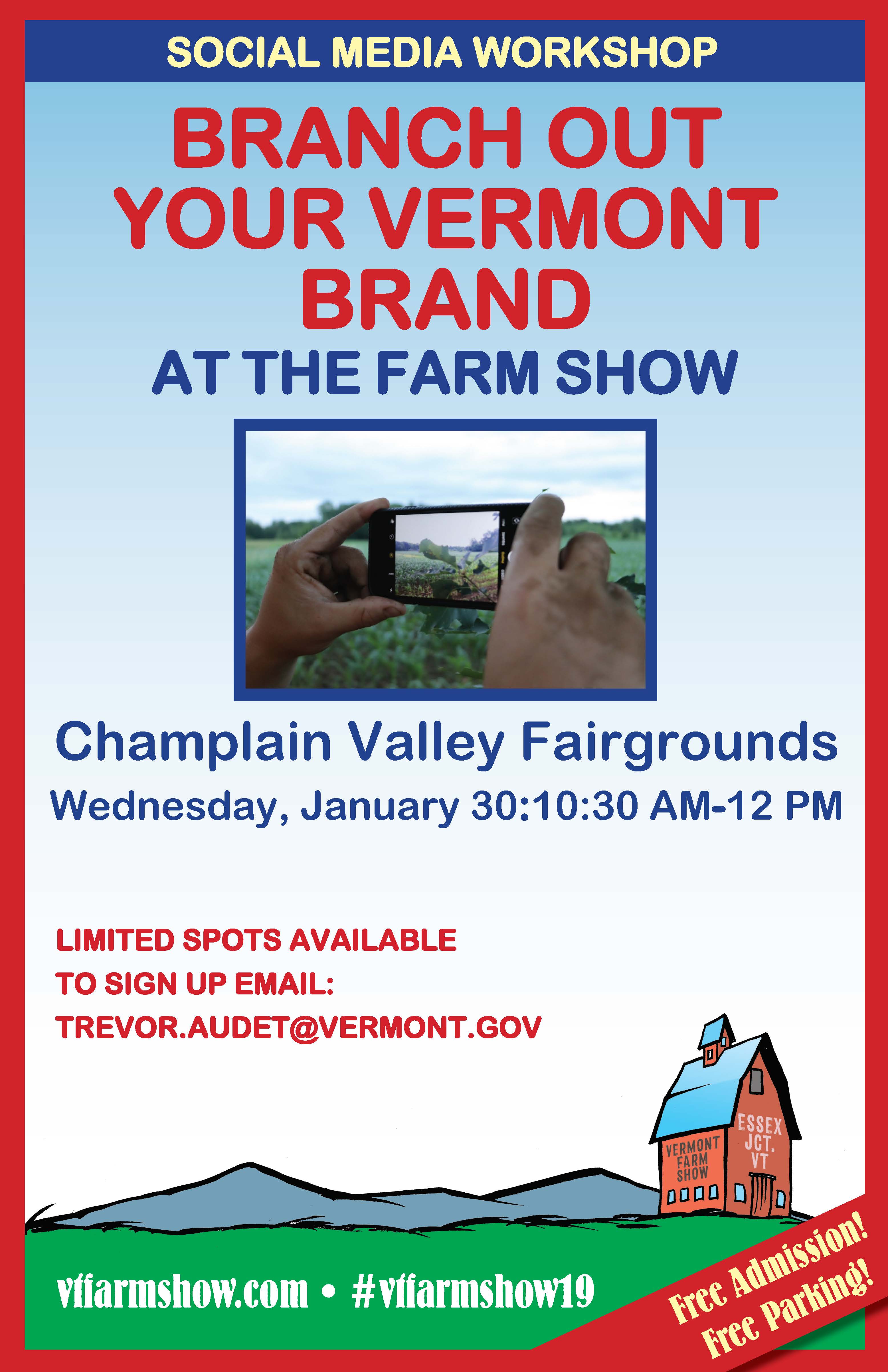By Terence Bradshaw
The need for adequate pollination is no secret to fruit growers, but recent focus on the status of both wild and managed (e.g. honeybee and certain bumblebee) pollinators refocuses the efforts among all of us to ensure that we are managing our crops sustainably. Tree fruit growers arte in a particularly tricky space, as the myriad insect pests that can reduce, damage, or even eliminate a season’s crop must often be managed close to the orchard bloom window. In addition, as perennial crops, tree fruit orchards develop into long-term agroecosystems and management of pests while minimizing damage to non-target pests can be an increasingly difficult line to walk.
The Pollinator Network at Cornell University recently released A Pesticide Decision-Making Guide to Protect Pollinators in Tree Fruit Orchards (pdf), a research-based guide to help growers make pesticide selection and use decisions to maintain crop quality while reducing risk to bees and other pollinators. I strongly recommend downloading this guide for your winter reading.
The guide can be quite daunting, as it breaks down various levels of acute, chronic, and synergistic toxicity of numerous agrichemicals to bees and other pollinators, which may make it look like tree fruit production is just incompatible with pollinators and we should all find a new crop. But remember two things- we need pollinators, either wild or managed, to grow our crops, and the northeast apple industry has coexisted with pollinators for as long as orchards have been around here. We can do this.
The guide should be used alongside other resources such as the New England Tree Fruit Management Guide (which will be updated online by the end of this month), your local crop consultants, and your own experience to select the best materials to manage orchard pests but while minimizing pollinator impact. Pest management in virtually all orchards will involve a certain level of damage to non-target insect populations. It is up to us to minimize that damage, and even to manage the overall system to enhance pollinator populations so that we may make up for any harm that we cause. As you think about your upcoming IPM programming, consider that these practices can help to promote pollinator populations:
· Maintain wild pollinator habitat at orchard edges. This is probably one of the most-effective practices you could do on your farm. Just allowing an adjoining space to grow up to native flowering plants will significantly increase pollinator populations. This space should be minimally managed- few or no mowings, no pesticide application, minimal tillage or other soil disturbance.
· Keep your sprayer calibrated, aimed correctly, and used in low-drift conditions.
· Whenever possible, unless the material is a plant growth regulator or other material whose use is improved by slow drying, always spray in fast drying conditions (low humidity, temperatures >50°F) to minimize the time that droplets remain on plant tissues and the orchard floor.
· If you have flowering plants / weeds on the orchard floor that are attractive to pollinators, either remove them with a broadleaf herbicide application or mow before applying insecticides.
· If you use neonicotinoid insecticides in the orchard, wait until after bloom to apply them to minimize their expression in pollinator-attractive nectar.
· Minimize tillage in the orchard. Most growers use little to no tillage in the tree strip, but some organic orchards and growers who seek to minimize herbicide use may use under-tree cultivators. Many pollinators in Vermont orchards are ground nesting bees, and soil cultivation can damage them.
All of these practices are just good IPM, and are nothing new to growers. As I said before, our industry has evolved over the past 150 years with the pollinators that we either bring in at bloom or, especially, with the ones that live in and around our farms and provide free pollination and pest management services for both our trees as well as for the wild and managed plants around them.
Where trade names or commercial products are used for identification,
no discrimination is intended and no endorsement is implied.
Always read the label before using any pesticide.
The label is the legal document for the product use.
Disregard any information in this message if it is in conflict with the
label.
The UVM Tree Fruit and Viticulture Program is supported by the
University of Vermont Agriculture Experiment Station, a USDA NIFA E-IPM
Grant, and USDA Risk Management Agency Funds.





